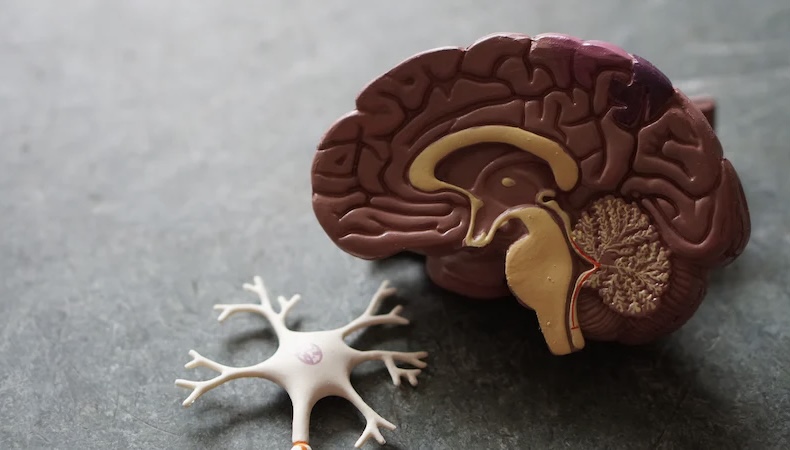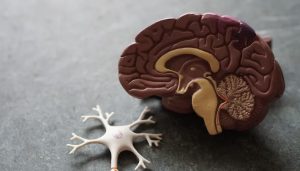
Dementia and Alzheimer’s require thoughtful, but quick action.
Hearing a doctor pronounce a diagnosis of dementia or Alzheimer’s is devastating.
It impacts both the patients and their loved ones.
Fear is a common response as the progression of the disease leads to loss of memories, personality, relationships, and independence.
According to a recent Next Avenue article titled “Alone with Alzheimer's” taking action early to care for yourself and your loved ones as the disease progresses is vital.

Certain actions should be taken before Alzheimer’s progresses.
What can you do?
Stop and Think.
Those recently diagnosed with dementia or Alzheimer’s often feel a flood of emotions.
Although this is normal and understandable, it can lead to rash decisions and actions.
Not good.
It is important to get your affairs in order, but you should be thoughtful in the actions you take.
Do not simply rush a choice based on your feelings.
Educate Yourself About dementia or Alzheimer's.
Plenty of information is available on the internet.
Some of it is helpful.
Some of it is not.
I know Dr. Monaco rolls his eyes whenever I share my "internet' health research with him.
I digress.
A good place to begin is the Alzheimer’s Association.
You can peruse its website for call a care coordinator on the 24/7 toll-free helpline at 1-800-272-3900.
Through these sources, you can access the latest (actual) peer reviewed research findings and a directory of professionals or support organizations.
Inform Your Family and Friends.
Whether you have dementia or Alzheimer’s, the disease will impact your family and beyond.
Sharing this diagnosis with your loved ones and social network is hard and emotional, but it is also necessary.
In these conversations with your loved ones and friends, you should share your desires for the care you wish to receive, where you would like to live if you require assisted living, and how updates should be communicated to family members.
Form a Care Team.
A care team is a kind of support team.
The individuals you choose can include a financial advisor, estate planning attorney, therapist, and various health care providers.
Family and friends who are willing to talk with you about your dementia or Alzheimer’s diagnosis and provide emotional support are key.
Put Your Financial and Legal Affairs in Order.
Incapacity and estate planning are essential for those who have been diagnosed with dementia or Alzheimer’s.
Because these diseases progress differently depending on the individual, you should get your general durable power of attorney, advance health care directive, last will and testament, and perhaps revocable living trust in place as soon as possible.
Although dementia and Alzheimer’s are scary, it is possible to make the best of the circumstances for you and your loved ones.
Reference: Next Avenue (Sep. 16, 2022) “Alone with Alzheimer's”
REMEMBER: “The choice of a lawyer is an important decision and should not be based solely upon advertisements.”
This statement is required by rule of the Supreme Court of Missouri.
